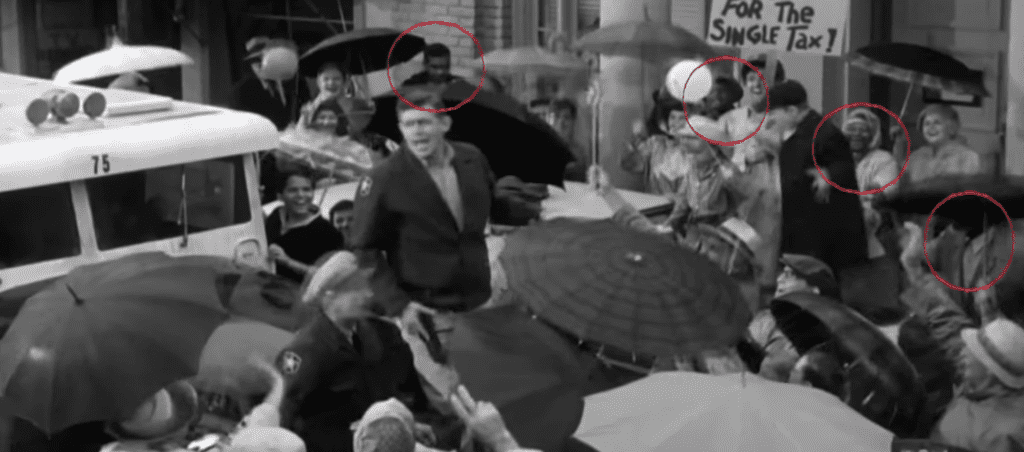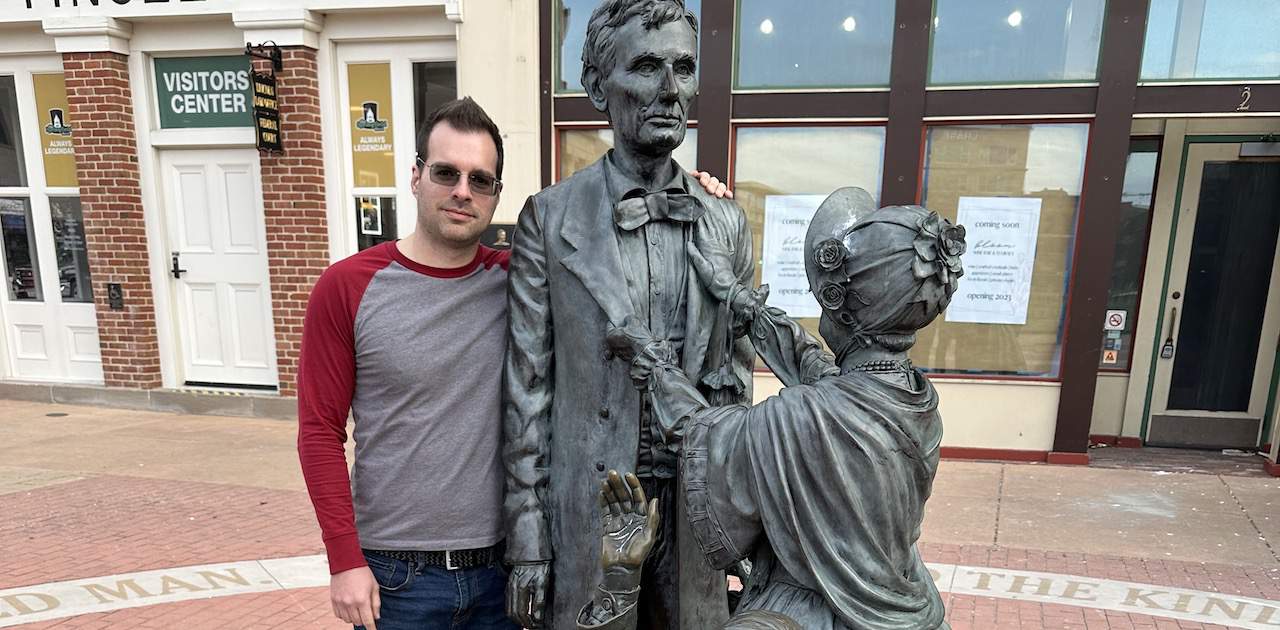Sometime around 2005, an episode of The Andy Griffith Show came on TV Land. I had a little time to kill before class, so I kicked back for 25 minutes in my dorm and started watching one of what I’m sure was some episode I had seen half a dozen times before when a classmate wandered by.
“Are you watching the Andy Griffith Show?”
“Yeah, it’s comfort viewing,” I replied.
“Show seems pretty racist,” they replied, adding that women seemed pretty intolerable in the Andy Griffith universe.
I can’t remember what I said. I probably shrugged it off and gave it no other thought. But I’ve never forgotten that.
By the standards of 2005, or 2022, Andy Griffith does seem rather backwards. Women are often treated by men as delicate and fragile. Black people are virtually non-existent. And, as detractors would argue, that alone should be reason enough for cancelling the show entirely and banishing it to some CBS vault in Beverly Hills.
I think about this a lot when someone argues we should tear down statues or strike off names of people in history because some person no longer meets a modern standard for acceptable behavior. That somehow our history is not their present.
By modern definitions everything bearing Lincoln’s name to every monument to Washington and currency bearing Franklin’s image should be banished.
Removing old namesakes that actually did some good is a mistake
To be sure, there are monuments and names of people that probably ought not be where they are. Andrew Jackson on the $20 bill and virtually anything involving Christopher Columbus seem overblown to me.
Confederate generals like Robert E. Lee were never elevated to such heights until fifty or more years after their deaths. Their position and status today don’t match the relatively meager accomplishments or work of their lives.
That’s true even when viewing their work in their time. And this brings us back to Andy Griffith.
The show was always imaginary. Don Knotts once remarked in an interview with a reporter that the show was set “in a time gone by”. Andy Griffith always imagined it was set in the 1920s, presumably before the onset of the depression and war. In other words, for a show filmed in the 1960s, “Things have always presumably been nicer fifty years ago.”
One of my favorite episodes involves a shipment of gold traveling from a mint to Fort Knox, Kentucky. The gold shipment passes through Mayberry and it’s up to Andy and Barney to keep it a secret, protect it, and ensure it gets through the county unharmed. Within seconds, Barney leaks it to Juanita at the diner and suddenly everyone in town turns out to witness the gold truck.
If you look closely, there are black people in the crowd:

The show only ever showed large crowds a few times in its run, presumably because the cost of getting all them in a shot was cumbersome. But we also know that it was Andy Griffith himself who pushed for them to be there. Every so often you’d see a black person walking down the sidewalk.
A black character wouldn’t have a speaking role until later in the show’s “in color” run, when Opie’s football team gets a new head coach.
Further, you have to remember many of the women in the show were incredibly strong, talented people. Even in the first season from the early sixties, the new county health physician was an incredibly professional, educated woman. Later, Aunt Bea would do everything from driving to taking up flying lessons. For a woman of her age and era, that was nothing short of astonishing to witness on TV.
For its time, the show was arguably rather progressive. It paved a way forward for other shows to show women and minorities in even more robust positions of power, prestige, and character.
Similarly, it’s hard to argue Lincoln, Washington, Churchill and others in our past must all be tossed away for their sins. You can correctly call them slave owners or imperialists, but you also can’t ignore the significant work they did in their time that was incredibly progressive.
Remember, conservatives in 1770 wanted the U.S. to maintain its position under the Crown because that’s how it always was. Lincoln was appalled by slavery at nearly every moment of his life. Washington extricated himself from slavery at his death in a time when the notion of freeing any slave in Virginia was anathema to nearly everyone’s being.
There are tons of “Yeah, buts” about everyone.
Progressive policies and ideas look different in their time than they do fifty or a hundred years later. The “woke policies” of today will seem backwards and quaint in half a century. Surely to the people fighting these battles today, they don’t think of their work as backwards because they’re operating in the present — not the past, not the future, but their present.

